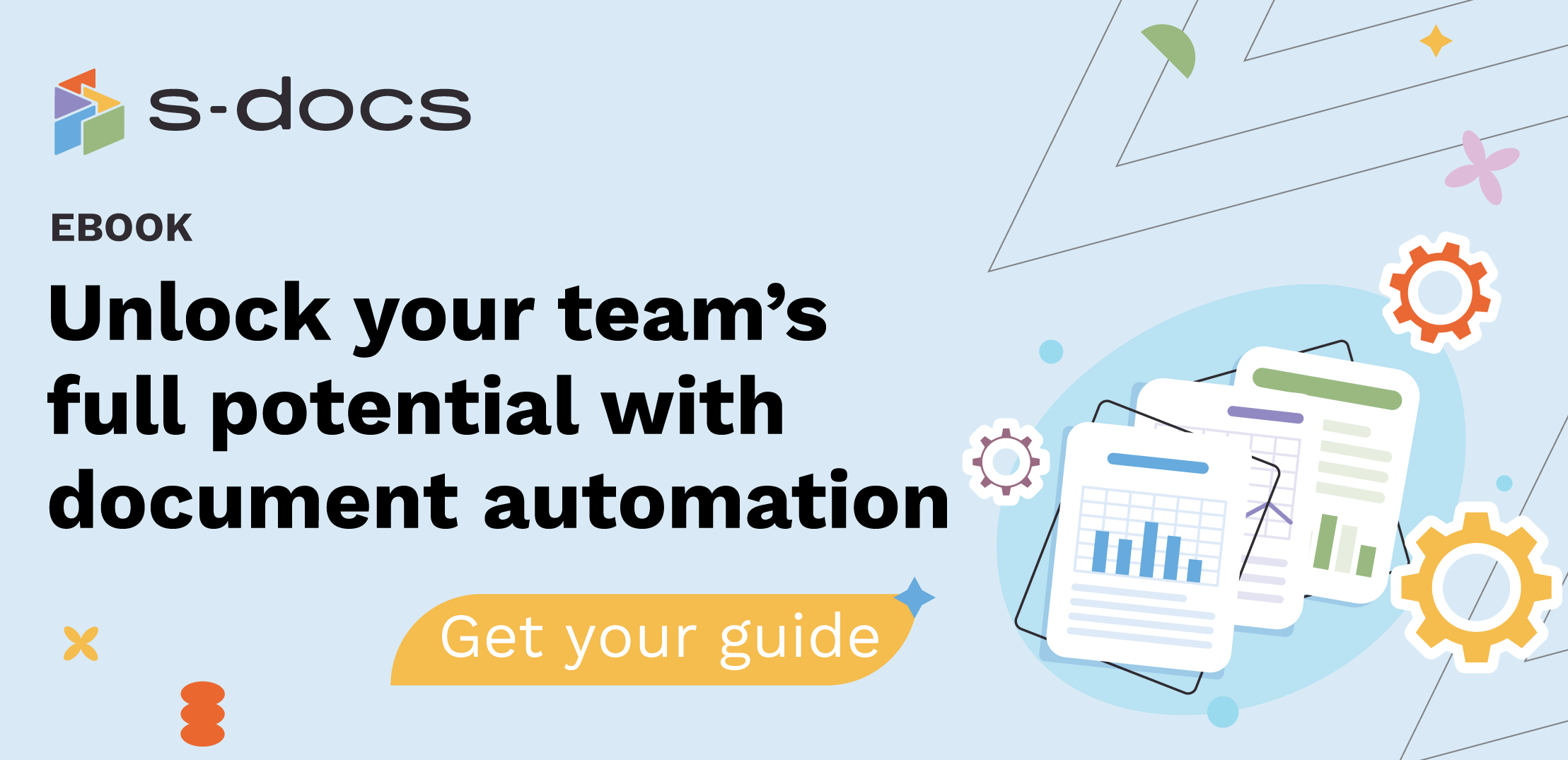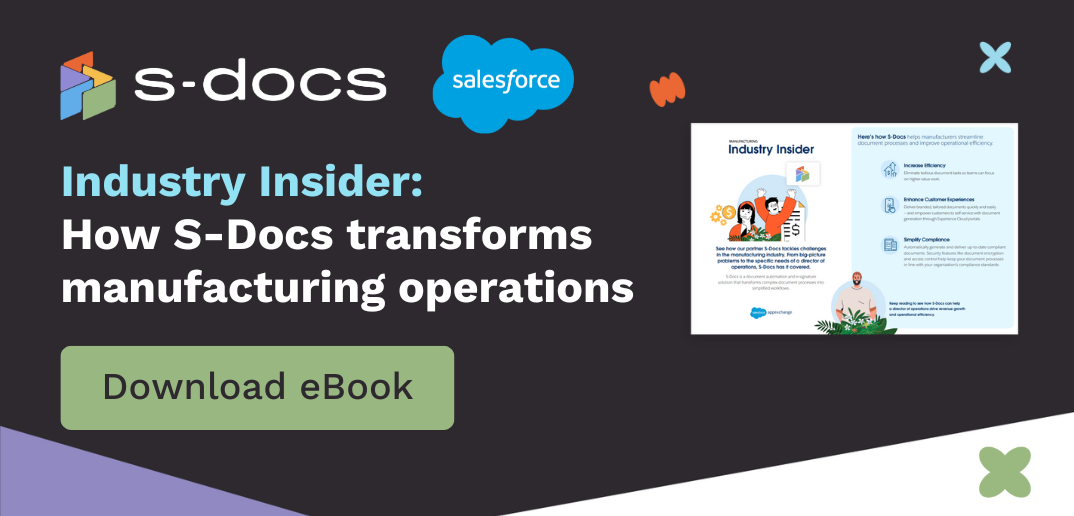The life sciences sector is brimming with opportunities for pivotal breakthroughs, from preventing disease to vital medical treatments. However, only 44% of life sciences organizations have started or completed their digital transformation journey.
The current slow, manual processes that most organizations face hinder development and potentially delay life-saving treatments. To fully harness the potential of this sector, it’s imperative to adopt technology to streamline operations and enhance innovation, ultimately accelerating important health discoveries.
What is Digital Transformation in Life Sciences?
Life sciences digital transformation is when organizations adopt and integrate digital technologies to improve existing processes, accelerate research & development (R&D), enhance patient care, and optimize overall performance.
Digital technologies can simplify complex procedures and automate mundane tasks while offering novel ways of leveraging data, helping organizations operate more efficiently while paving the way for progress.
Challenges Leading to Digital Transformation in Life Sciences
Healthcare and biotechnology organizations face many roadblocks to efficiency and advancement. Wrestling with these problems is a solid motivator to adopt life sciences digital transformation.
The Paperwork Problem — Life sciences companies are frequently swamped with enormous volumes of paperwork, from clinical trial reports to regulatory filings. Manual or spreadsheet-based document control is crucial yet time-consuming.
Staffing Constraints — The more inefficient and manual the processes are, the more employees an organization must hire to keep the business moving. This is a problem when budgets are tight and existing team members are already strapped for time.
Do More With Less — With budget decreases come higher expectations for employees. They must execute the same (or more) amount of work without additional resources. Though digital transformation comes with initial costs, organizations that make the move free up the budget in the long term.
Data Security — Data stored on paper or even in Excel spreadsheets is not well-protected from theft. Sensitive documents can fall into the wrong hands, get tossed in the waste bin, or be emailed to the wrong person. Life sciences digital transformation ensures tight cybersecurity and protection for all sensitive data.
Digital Technologies that Accelerate Life Sciences Development
Some key technologies are essential to life sciences digital transformation.
Automated Workflows
Automating routine tasks and streamlining critical processes like insurance claims submission, patient and resident onboarding, and contract and agreement signing is a huge time-saver. Standardizing processes also ensures consistent quality and fewer errors even during staff turnover.
Digitized Compliance Paperwork
Digitized paperwork simplifies regulatory submissions and accelerates approval processes while organizing huge chunks of data efficiently. Document automation for life sciences enables companies to transition away from cumbersome paper-based systems towards easily accessible digital records with less risk of missing or misplaced information.
Life Sciences Reporting
With digitized reporting methods that pull data from multiple sources, companies can gather large amounts of data and use real-time analytics to get insights for better decision-making and adaptability in an ever-competitive industry landscape.
Document Personalization
Companies can personalize emails, order details, product briefs, contracts, and other documents by integrating digital technologies with their customer relationship management (CRM) system. Automatically adapting content according to individual preferences increases customer engagement, and can be used internally to meet the needs of different departments.
Data Security
Companies handling sensitive patient data must prioritize security. State-of-the-art encryption and secure cloud storage protect privacy while complying with regulations encompassing user consent and rights concerning personal health information.
Benefits of Digital Transformation in Life Sciences
Organizations that embrace digital transformation reap rewards in the following areas.
- Advanced R&D Automation: Researchers can automate routine tasks to free up their time and focus more on critical thinking and complex problem-solving. Advanced R&D automation using analytical tools and machine learning algorithms drastically reduces the timeframe for innovation cycles.
- Efficient Document Automation: Life science companies spend a significant chunk of time on both manual and digital paperwork. Automation creates more efficient processes and improves data accuracy with substantial cost savings.
- Seamless Regulatory Compliance: The stringent regulatory environment is no longer a hurdle, due to simplified digital report filing and compliance tracking. Even audits are easier with enhanced document management systems that enable easy retrieval.
- Expedited Decision-making Processes: Leveraging real-time data analysis enables decision-makers to swiftly devise and implement strategies to keep the business moving forward.
- Heightened Security Measures: Robust cybersecurity measures ensure high-level data protection and inhibit unauthorized access.
Life science companies that harness today’s automation tools can see dramatic elevations in efficiency and productivity levels. With digital documents, automated workflows, and AI-integrated software capable of blending multiple datasets, scientists gain significant efficiencies that make experimental design easier.
Life Sciences Digital Transformation Made Simple with S-Docs
There’s no getting around paperwork in the life sciences industry. But digital transformation can make it easier. Automated document templates help maintain data integrity while eliminating the possibility of human error, which helps drive productivity and efficiency upward.
Unsurprisingly, leaders are turning to document automation for life sciences with S-Docs. As these organizations manage new drug applications, study participant consent forms, and compliance documentation, S-Docs automation helps with accurate, timely submissions and keeps data secure.
S-Docs, built on the Salesforce platform, assists life science digital transformation by increasing efficiency and scalability, helping them stay in compliance and improve the customer experience as they grow. How can we help you? Request an S-Docs demo today.







